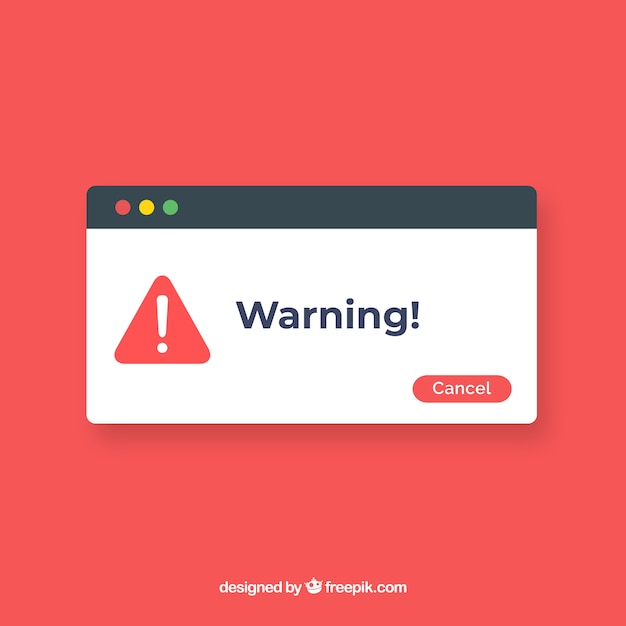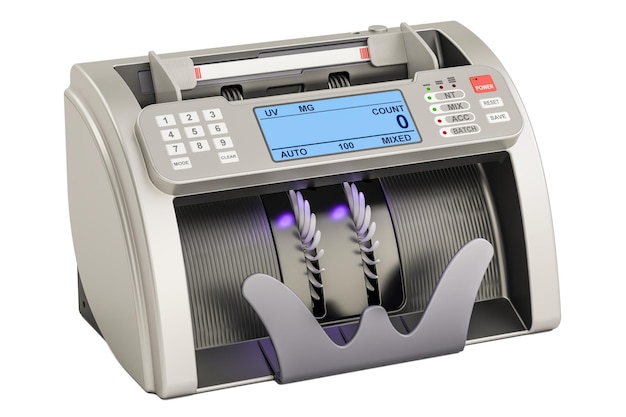Running a business is a bit like walking a tightrope. You’ve got to balance the thrill of success with the risk of falling. One way to make that walk a little less risky is by using disclaimers. These simple statements can be a big help in keeping you out of legal hot water.
So, what’s a disclaimer? It’s a statement that sets out the limits of your legal responsibility. For instance, if you sell a product, your disclaimer might say that you’re not liable if someone uses your product in a way that’s not in the instruction manual. Disclaimers can also limit your liability when you’re giving advice or sharing your opinion. Some disclaimers are required by law, while others are just a smart way to avoid legal headaches. You can even make a funny email disclaimer if you want to keep things light.
Writing a disclaimer is a bit of an art. You need to be clear and direct, using simple language that everyone can understand. You also need to be specific about what you’re not liable for. If you’re giving advice, for example, you should say that it’s not a substitute for professional consultation. If you’re selling products, you need to be clear about what you’re responsible for if someone uses or misuses them.
While it’s important to cover all your bases, you don’t want your disclaimer to be so long that no one will read it. Keep it concise and to the point. And make sure it’s tailored to your business. A generic disclaimer might not cover everything you need it to.
You can use online tools and templates to get started, but make sure you adapt them to fit your business. And if you’re in a highly regulated industry, or dealing with complex liability issues, it’s a good idea to get legal advice.
Finally, remember to keep your disclaimer up to date. Laws change, and so does your business. Regularly revising your disclaimer will help ensure it continues to protect you.
Customizing your disclaimer is crucial. It needs to reflect the unique aspects of your business, whether that’s online transactions, digital content, user interactions, service outcomes, client responsibilities, or the limitations of your professional advice.
There are many types of disclaimers, and the one you need will depend on your business. For example, you might need a responsibility disclaimer, a fair use disclaimer, a past performance disclaimer, a copyright disclaimer, a warranty disclaimer, a risk disclaimer, a medical disclaimer, or an errors or omissions disclaimer.
While disclaimers are a great tool for limiting your liability, they’re not foolproof. Courts will look at how clear, visible, and reasonable your disclaimer is when deciding whether it’s enforceable. If your disclaimer is too broad or hidden, it might not stand up in court. This is especially true in industries with strict regulations, like healthcare or finance. That’s why it’s a good idea to get legal advice when drafting your disclaimer.
The type of disclaimer you need will depend on your business and what kind of liability you want to avoid. Here are some examples:
- Testimonial Disclaimer: This says that the results shared in a testimonial are not guaranteed.
- Affiliate Disclaimer: This lets people know that you may earn a commission from affiliate links.
- Trademark Disclaimer: This makes it clear that you’re not affiliated with any trademarked brands mentioned on your site.
- Copyright Disclaimer: This protects your intellectual property and sets out how others can use it.
- Views Expressed Disclaimer: This is used when someone shares their personal views in a professional context.
- Warranty Disclaimer: This says that your product or service is not covered by a warranty.
- Fair Use Disclaimer: This is used when you’re using copyrighted material for education, criticism, or commentary.
- Errors and Omissions Disclaimer: This limits your liability if someone suffers damages because of your advice.
- Past Performance Disclaimer: This makes it clear that past successes don’t guarantee future results.
- Legal Disclaimer: This says that your content is for general informational purposes and is not professional advice.
Remember, a disclaimer is more than just a legal formality. It’s a strategic tool that can help protect your business and build trust with your customers. So take the time to craft a disclaimer that’s clear, concise, and tailored to your business. And don’t forget to keep it up to date!



